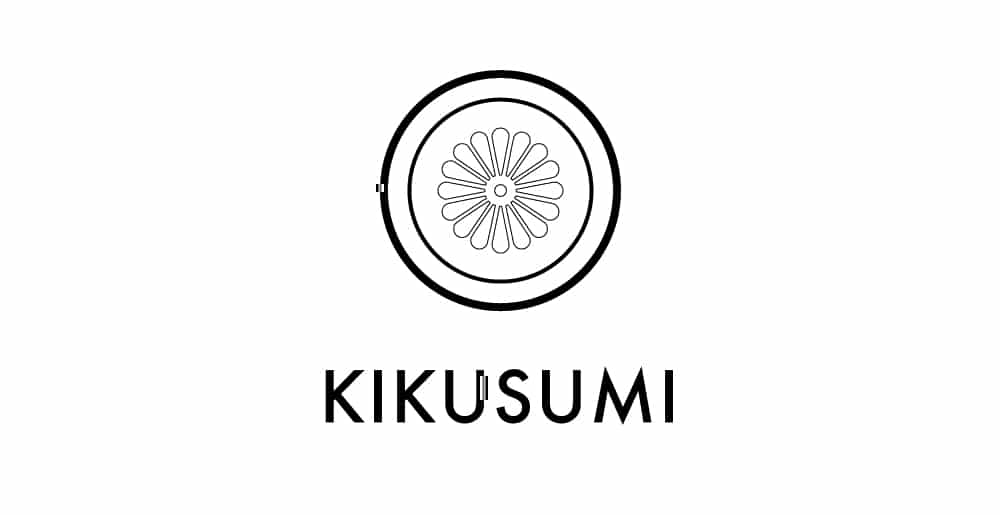
Proper knife care is the most important way to protect your investment. While Kikusumi ceramic knives require less care than most knives there are imprortant steps you can take to ensure your knives stay sharp and last longer. Following are ceramic knife care guidelines to ensure your get the most out of your ceramic knives.
DO
- ceramic knives are ideal for straight cuts of fruits, vegetables and boneless meat, poultry and fish
- use ceramic knives with a soft wood or plastic cutting board
- use conventional steel knives for carving, prying, boning, and cutting frozen food and cheese which require a more flexible material than ceramic
- Hand wash with water and liquid dish soap rather than placing them in the dishwasher where the blades could chip
DO NOT
- Drop knives on hard surfaces
- Twist or flex ceramic knife when cutting
- Cut hard frozen food, squash, pumpkin, corn cob, bones or hard cheese (Parmesan, cheddar etc.)
- Scrape the cutting board with the ceramic blade
- Hit or bang against china or flatware
- Put the blade in open flame (ceramic conducts heat)
- Scraping hard surfaces
- Turn the blade on its side to smash garlic or other items
- Apply force to the side of the blade
Cutting boards
- Use either a wood or plastic cutting board (never stone, glass, steel or other hard surfaces)
- Bamboo is very hard on blades due to glues and adhesives used so we do not recommend it
- Hinoki or cypress is the best wood for cutting boards because of its softness and anti-bacterial properties
CERAMIC KNIFE CARE INSTRUCTIONS
- Always keep your knife clean.
- Always use your ceramic knife with a plastic or wooden cutting board.
- Do not use your ceramic knife to cut frozen foods of food with bones.
- Store your knife in a sheath,tray or knife block.
- Never use your ceramic knife to pry open anything or in applications that require flexing or twisting.
- Avoid dropping your knife on hard surfaces or turning the blade on its side to crush garlic or like foods.
- Hand wash after each use in warm, soapy water and dry before storing the knife in its safety cover.
SAFETY INSTRUCTIONS
- After removing the knife from its packaging handle carefully.
- A knife is dangerous if misused.
- Always store knives away from the reach of children.
ACTIONS to avoid WHEN CUTTING
- cutting foods with hard rinds such as squash, pumpkin, pineapples and hard melons, nuts, roots, block cheese and frozen foods.
- carving meat or poultry with bones
- twisting, prying or flexing the ceramic knife blade
- dropping on hard surfaces like stone, steel or wood
- cutting on ceramic, glass or stone
- scraping the ceramic blade along hard surfaces
- turning the blade on its side to crush garlic or anything else
- using force against the side of the blade
STORAGE
- When not in use protect your knives with the sheaths they came with
- Store in a knife block / sheath / tray or on a dish drain
- Use care when storing and removing the knife from a knife block to avoid tip damage
- Storing any knife upright (sharp edge up) or sideways in a knife block reduces wear to the knife edge
SHARPENING
Proper ceramic knife care means your knives will stay sharp longer. Kikusumi ceramic blades start sharper and will stay sharper for a longer time than any metal knife. Over time, you may notice tiny abrasions or nicks on the edge of the blade. It is normal for any knife blade to wear over time but does not necessarily mean that the knife is dull. Chips and broken tips can often be smoothed and rounded by proper sharpening.
- Take dull ceramic grinders to a reputable professional knife sharpener equipped with diamond grinders to sharpen ceramic blades
- To sharpen your ceramic knives at home purchase an electric or battery operated ceramic knife sharpener -note that ceramic knife grinders must be diamond coated in order to sharpen ceramic as they are not the same as metal knife sharpeners
